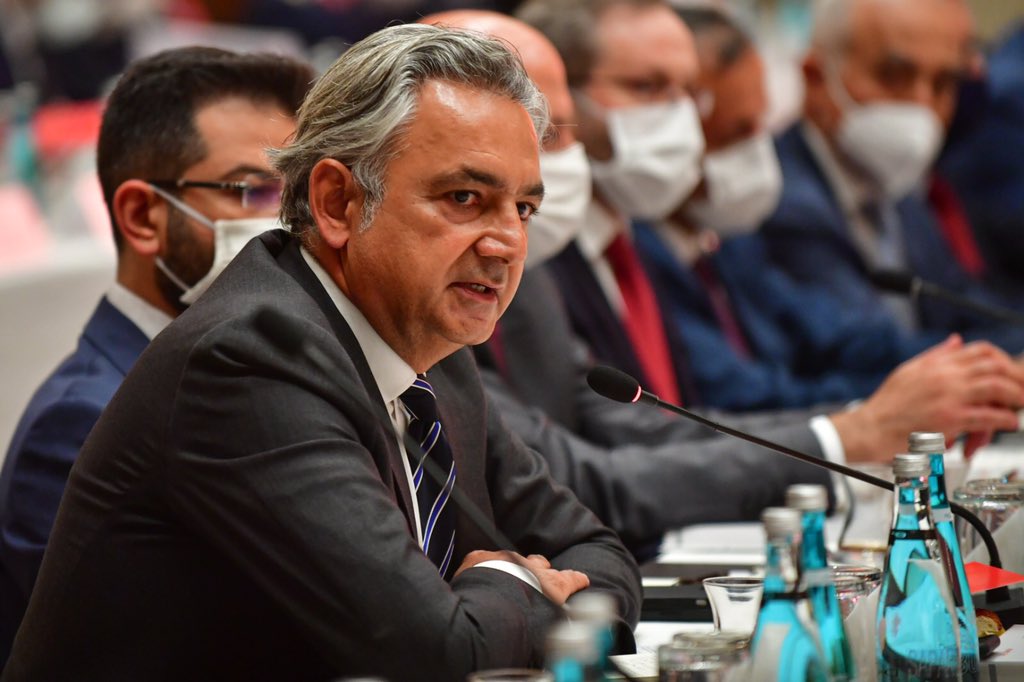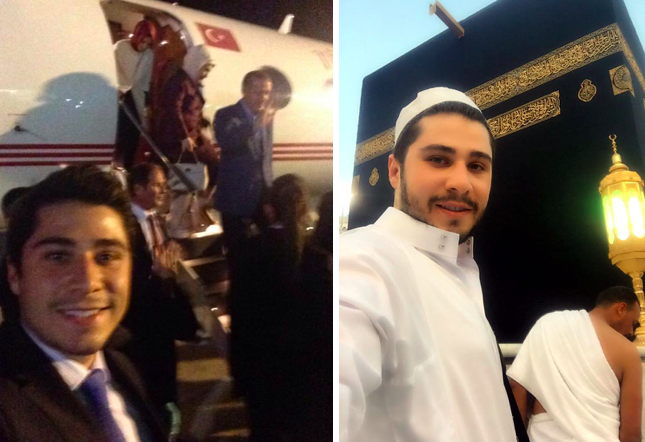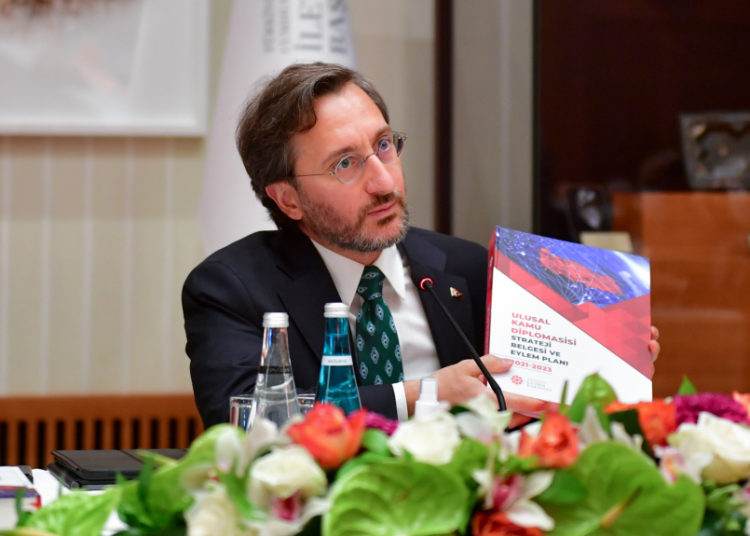Levent Kenez, Stockholm
Turkish President Recep Tayyip Erdoğan often voices the sentiment, “No matter what the world says…” in his party gatherings and opening ceremonies, an attitude his fervent supporters like very much. However, it seems that the increasingly deteriorating image of Turkey around the world has forced the Erdoğan government to take action. The presidency’s Directorate of Communications on Tuesday introduced the “National Public Diplomacy Strategy Paper and Action Plan” aimed at fighting black propaganda and strengthening Turkey’s brand.
The extensive action plan, which seems to be overly bureaucratic and full of “things to do,” outlines the public diplomacy policy that Turkey will pursue between 2021 and 2023. According to the Directorate of Communications, 461 people from 61 public and private institutions contributed to the plan in dozens of meetings. According to the action plan, 26 new commissions and 16 working groups will be formed, focusing on subjects in which Turkey has frequently been involved in recent years.
One of the commissions to be established will deal with “The Events of 1915 and Combating Unfounded Claims.” The official recognition of the Armenian genocide by US President Joe Biden in April showed that Turkey finally failed to prevent it at the presidential level, which it had successfully managed to do for decades. It is not difficult to predict that the new commission’s job will be difficult. Erdoğan said the Armenian issue never came up during his one-on-one meeting with Biden last month at the NATO summit in Brussels, although he publicly said the day before the meeting that he would convey his disappointment to Biden. According to many experts, the Armenian issue is a lost cause for Turkey.

Another commission’s title is “Law, Justice, Human Rights and Jurisdiction.” According to the World Justice Project (WJP), an independent organization that works to advance the rule of law around the world, Turkey ranked 107th out of 128 countries on rule of law in 2020. Turkey’s score places it at 14th out of 14 countries in the Eastern Europe and Central Asia region and 40th out of 42 among upper-middle-income countries. The Washington-based Freedom House downgraded Turkey’s status to “not free.” Turkey has attracted the ire of the European Union by failing to implement the decisions of the European Court of Human Rights (ECtHR). For instance, imprisoned Kurdish leader Selahattin Demirtaş and philanthropist Osman Kavala were not released despite the ECtHR’s rulings in 2019 and 2020. It is clear that public diplomacy efforts in this area will not work unless Turkey’s democracy improves.
One of the most difficult tasks awaiting another commission will be improving Turkey’s brand. President Erdoğan on Monday confirmed that Turkish-Kyrgyz educator Orhan İnandı, who went missing on the night of May 31, was abducted by Turkish intelligence due to his alleged links to the Gülen movement. Erdoğan previously denied knowing anything about the educator.
A major hurdle for the public diplomacy commissions is the strict austerity measures taken last week. Although presidential funds are exempt from these measures, it is estimated that many foreign operations will be downsized. Public institutions and organizations are tasked with keeping the number of staff they assign to a minimum. The representations abroad will be able to fulfill the duties of other institutions and organizations, implying that some agencies might be merged. Moreover, the overseas travel of the staff of many public institutions has been restricted except for urgent and extremely important situations. Presidential Communications Director Fahrettin Altun stated that they are waiting for proposals for the public diplomacy projects that will be covered by the Presidency Promotion Fund allocated to the Directorate of Communications, adding however, that his office is not able to cover the cost of all activities.
President Erdoğan wrote the preface of the strategy paper and action plan, stating that Turkey’s international and domestic “struggle for truth” should be built on a more holistic, scientific and systematic strategy. The way to achieve this is through successful public diplomacy activities, Erdoğan wrote.

Turkey’s official public diplomacy is carried out by the Public Diplomacy Department under the Directorate of Communications. which is headed by Ömer Faruk Tanrıverdi. Tanrıverdi, whose father is a deputy from the governing party, was appointed as an adviser to the minister of European Union affairs right after he graduated from university in 2014, sparking claims from the opposition that it was a trick to bypass the public personnel selection examination, which is compulsory for anyone seeking to secure a job in the civil service.
List of public diplomacy commissions and working groups designated by the presidency’s Directorate of Communications:












